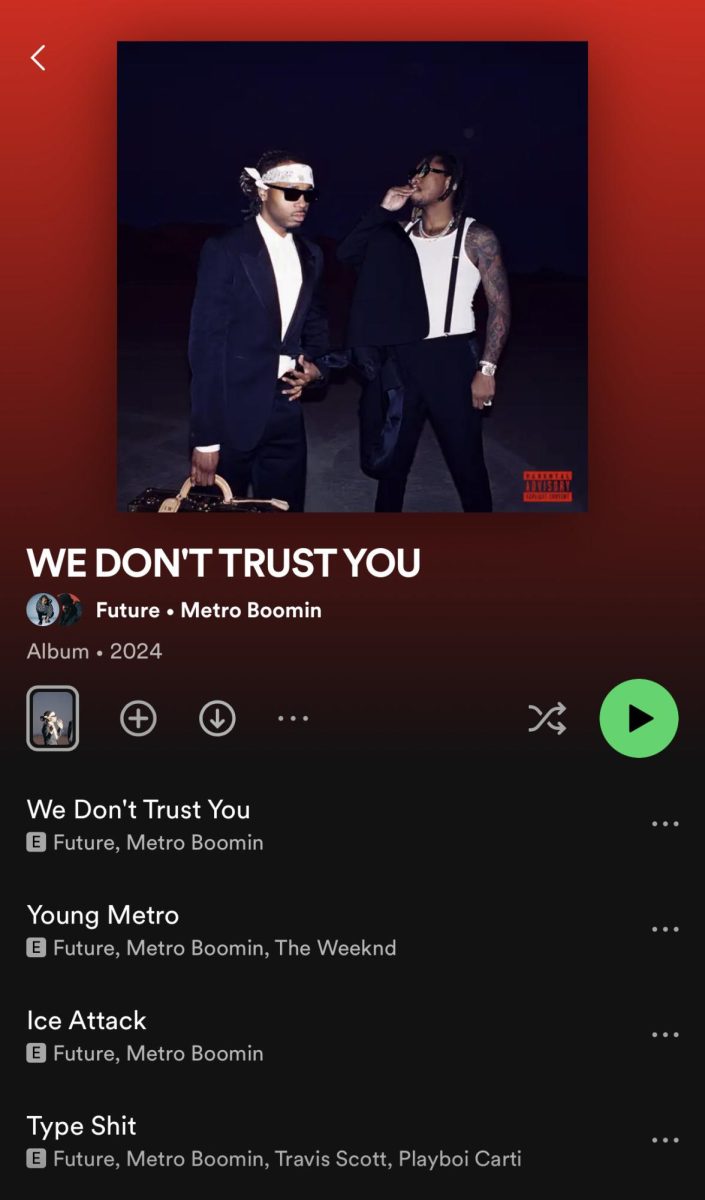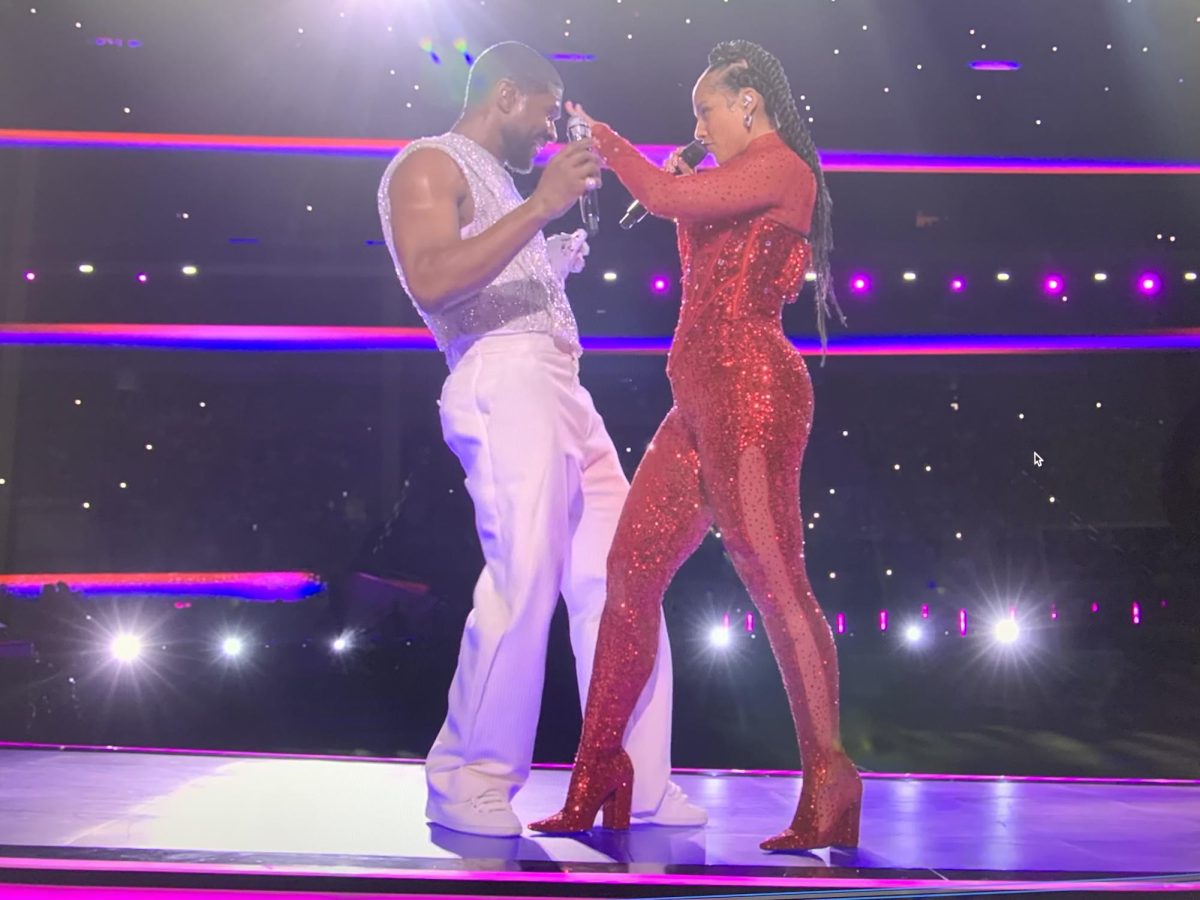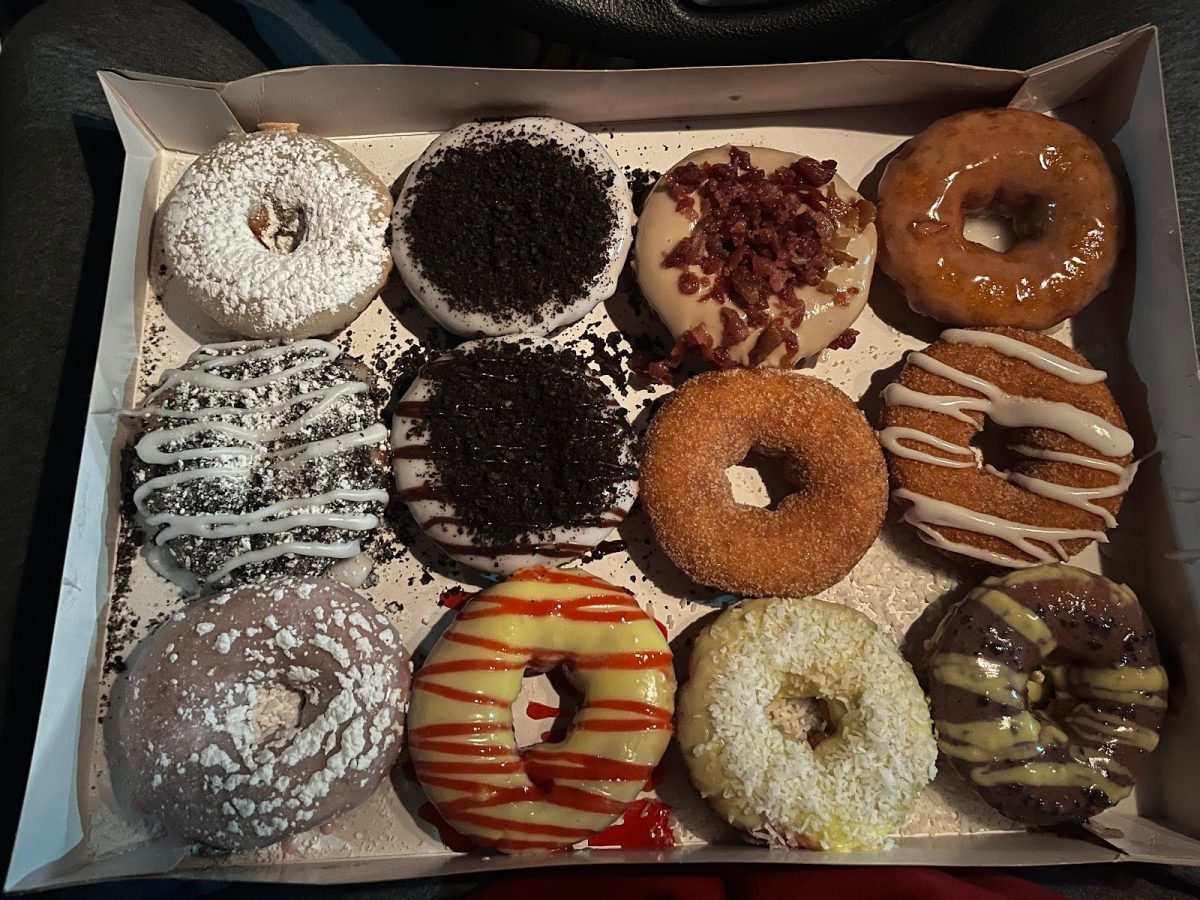These past couple of weeks, I’ve been listening to a lot of Bob Dylan’s older records. Though I’ve generally been attracted to bands for their sound as opposed to lyrics, Dylan essentially exists as an antithesis to my listening preferences. Though I adore his earlier sound, his lyrics are really what keep me coming back for more (and listening to his strange mid-period records). This column, I’ve decided to pay tribute to Dylan, along with a smattering of my other favorite lyricists in music.
Bob Dylan: I’ll start with the obvious one. Nowhere else in rock and roll can one find a lyricist with such a handle on the absurd as Dylan. Nonetheless, his abnormal images are nothing if not evocative. Dylan’s best lyrics paint images similar to those of Salvador Dali– strange, yet seemingly realistic dreamscape (listen to “Ballad of a Thin Man”). Yet, like how most great modern artists have the ability to paint a photorealistic portrait, Dylan can spin a “conventional” narrative with the utmost skill. “Ballad of Hollis Brown,” a stark image of poverty and protest, is as heartbreaking as it is essential.
Bruce Springsteen: Obvious pick number two: The Boss. No other songwriter, other than Dylan, perhaps, has the same understanding of the plight of the working man. Though Springsteen isn’t exactly gifted in subtlety, he can tell one hell of a story. Though his music often rubs noses with corny, late seventies power rock, I find this easy to ignore. His music really isn’t the star of the show; it’s the story.
Lou Reed (Velvet Underground): Much like Springsteen, Lou Reed can write a powerful narrative. Unlike Springsteen, however, Reed’s stories are of social perversion and the underground of urban life. His songs are evocative, sometimes humorous images of the utmost sleaze (a character in “Sister Ray” is killed, but all the narrator seems to care about is his carpet getting a blood stain).
Chris Owens (Girls): Though Chris Owens embraces almost every songwriting cliche in the book, his utmost sincerity makes his lyrics affecting. Owens writes about what he knows, and unfortunately for him, that’s heartbreak. Owens is a true sadsack with a history speckled with tragedy: when he sings about spending his nights alone, of his girlfriend who’s avoiding him in “Vomit,” or his missing father in “Lust For Life,” his sincerity makes it obvious that these narratives weren’t made up for record sales.
Stephen Malkmus (Pavement): Like Bob Dylan before him, Stephen Malkmus is a master of absurdity. His lyrics for seminal 90‘s group Pavement tend to be collections of loosely related catchphrases, more so than songs with coherent narratives. Many a music fan has tried to coerce meaning from songs like “Stereo,” made up of lines that simultaneously contain lyrics about the voice of Geddy Lee and the ambulatory habits of pigs (my theory is the song is about being a little fish in a big pond, but what do I know?). Whatever Malkmus’s actual purpose was may never be known, but the listener shouldn’t become caught up on the ambiguity. Malkmus’s lyrics are chock full of dry punch lines, and spending too much time chewing them over might cause one to miss the many belly laugh-inducing moments.
The Beastie Boys: Many rappers have tried to emulate the Beastie Boys’ untouchable wordplay and failed. Their frequent cultural references actually make sense and flow with the rhymes without feeling tacked on or forced (more and more rappers seem to name drop esoterica seemingly just to highlight their wide pop culture lens at the expense of their lyrics). The Boys are legitimately funny, yet still have technical ability to boot.








